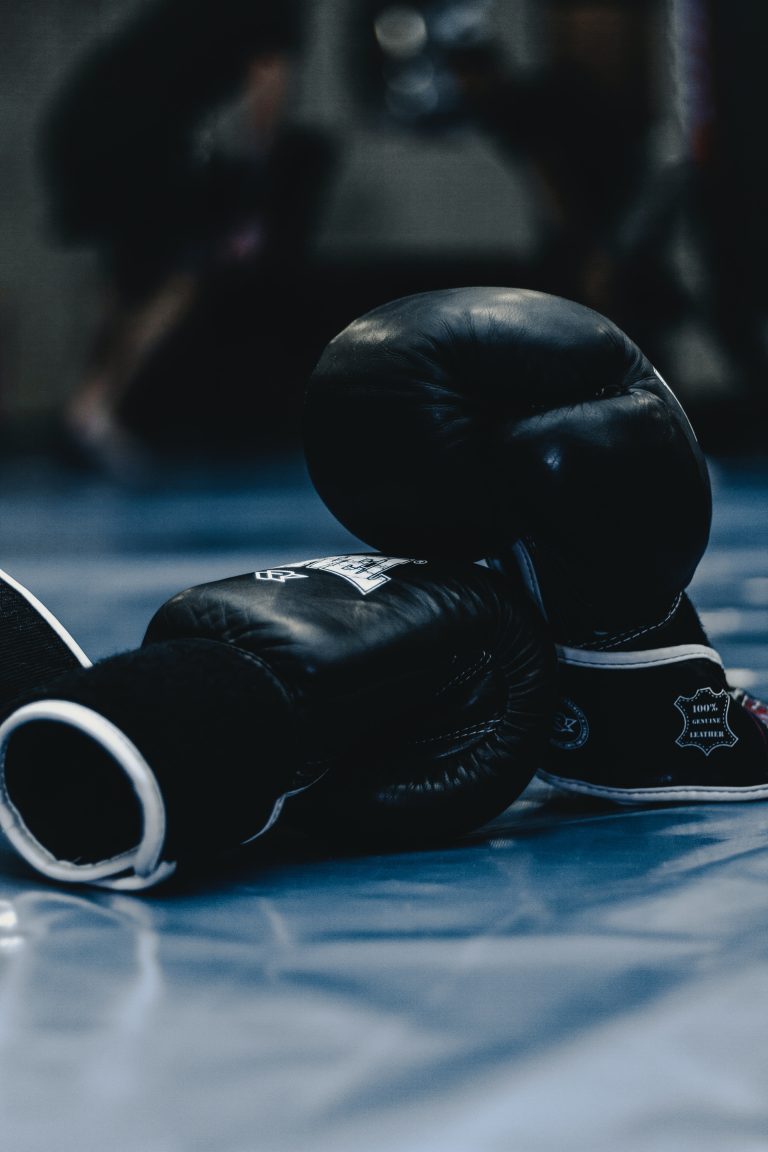Karate for Children: Tips for a Successful Start
Karate is an excellent way to teach children discipline, focus, and respect. It is a martial art that emphasizes the development of physical, mental, and emotional skills. Introducing your child to karate at a young age can help them develop confidence and life skills that will benefit them in all areas of their lives. Here are some tips for a successful start for your child’s karate journey.
1. Find the Right Instructor
It is crucial to find an instructor who has the right experience and credentials to teach children karate. Look for an instructor who is certified and has experience working with children. An experienced instructor will know how to tailor their teaching style to children’s needs, keeping them motivated and engaged.
2. Focus on the Basics
Karate involves a lot of complex movements and techniques. It’s vital to ensure your child masters the basics before moving onto advanced techniques. A strong foundation in the basics will help your child progress faster and with confidence. The instructor should provide a systematic approach to teaching karate moves via easy-to-understand steps.
3. Emphasize Discipline
Karate requires discipline and respect for oneself, fellow students, and instructors. It’s essential to ensure your child understands and values the importance of discipline in the martial art form. As a parent, consistent encouragement and reinforcement of discipline are crucial in ensuring your child’s success in learning karate.
4. Focus on Fun and Enjoyment
Karate can be challenging, and it’s essential to ensure your child enjoys the experience. Your child should feel motivated to attend karate classes by having fun while learning. An excellent instructor will understand the importance of balancing the work and play aspects of karate.
5. Encourage Practice
Like any martial art form, karate requires practice to perfect the skills learned in class. Parents, therefore, should encourage their children to practice their moves or techniques outside of class. Such dedication, commitment, and practice are required for a child to become an excellent karate practitioner.
Conclusion
Karate can be a great way for children to develop discipline, self-confidence, and sharpen their focus. To ensure your child has a successful start to their karate journey, it is crucial to find an experienced instructor, focus on the basics, emphasize discipline, remember to have fun, and encourage practice. With the right approach and mindset, your child will enjoy karate and, most importantly, learn valuable life skills that will benefit them throughout their lives.
Karate for Children: Tips for a Successful Start
Karate is a martial art form that originated in Japan and has now gained immense popularity worldwide. It not only helps individuals become self-disciplined, but it also instills self-esteem, self-defense skills, and physical strength. With these benefits in mind, many parents have been enrolling their children in karate lessons. If you are considering karate lessons for your child, it’s natural to have a lot of questions. Here are some common questions related to karate for children, along with tips for a successful start.
1. At what age can children start karate?
Children can start karate as early as four years old. However, it is important to note that the ability to focus and follow instructions varies from child to child. Therefore, parents should take their child’s maturity level into account before enrolling them in karate classes. At such an early age, karate classes focus mainly on fun and games, with little emphasis on technical skills.
2. What are the benefits of karate for children?
Karate teaches children self-discipline, which is a valuable skill that can be applied in various areas of their lives. Karate also strengthens children’s physical abilities, improves their coordination, and enhances their balance. Furthermore, through karate, children learn how to set and achieve goals and build self-confidence.
3. Is karate safe for children?
Generally, karate is perfectly safe for children. However, like any sport or physical activity, precautions should be taken to prevent injuries. Protective gear such as mouthguards and headgear should be worn to prevent injuries. Moreover, it is important to find a reputable karate instructor who emphasizes safety over winning.
4. Is karate suitable for children with disabilities?
Karate is possible for children with disabilities, as modifications can be made to meet their specific needs. For instance, children with hearing or visual impairments can easily learn through physical demonstrations or sign language. Children with physical disabilities can learn techniques that work best for their bodies.
5. What should children expect in a karate class?
In general, karate classes begin with stretching and warm-up exercises, followed by basic techniques such as punches, kicks, and blocks. Classes usually end with sparring, which is a simulated fight with opponents. It’s important to note that karate is not about fighting or violence, but rather about achieving self-discipline and control.
6. How often should children attend karate classes?
To achieve proficiency, children should attend karate classes at least twice a week. However, the frequency of attendance can vary based on a child’s interests and goals. It’s important to find a balance between having fun and learning new techniques.
7. What should children wear to karate classes?
Children should wear comfortable clothing that allows for freedom of movement, such as a karate uniform (also known as a „gi“) or sweatpants and a t-shirt. In general, a karate uniform is preferred as it is both comfortable and traditional. It’s important to note that shoes are not worn in karate classes.
8. How can parents support their child’s karate practice?
Parents can support their child’s karate practice by attending classes and cheering them on. Encourage your child to practice at home, and provide them with adequate rest and nutrition. Additionally, talk to your child’s instructor about their progress, goals, and areas for improvement.
Conclusion
Overall, karate is an exciting and enriching activity for children. It instills valuable life skills such as self-discipline, confidence, and self-defense, among others. By enrolling your child in karate classes, you are not only providing them with an opportunity to learn a new skill but also ensuring their overall personal development. With the above tips for a successful start, you can rest assured that your child is on the right path towards becoming a successful karate practitioner.
Inhaltsverzeichnis






